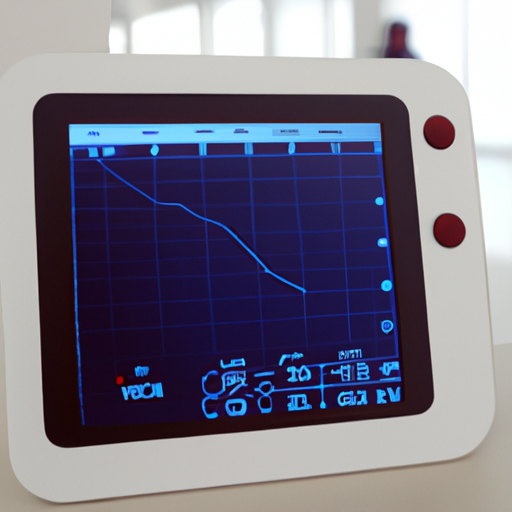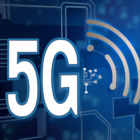In today’s fast-paced world, the integration of health monitoring devices into our daily lives is becoming more prevalent. With advancements in wearable technology, individuals can now track their health metrics with unparalleled ease. From fitness trackers to smartwatches, these devices offer a plethora of benefits that can significantly enhance personal health management.
What Are Health Monitoring Devices?
Health monitoring devices are electronic gadgets that help track various health metrics. These include heart rate, sleep patterns, physical activity levels, and even blood pressure. With the rise of telemedicine, such devices provide real-time data to healthcare providers, allowing for improved medical care and timely interventions.
Benefits of Health Monitoring Devices
1. Improved Health Awareness: Health monitoring devices empower individuals by providing insights into their health status. Users can easily identify areas for improvement in their lifestyle.
2. Proactive Healthcare: By using these devices, people can monitor symptoms and manage chronic conditions more effectively. Early detection can lead to better treatment outcomes.
3. Motivation and Accountability: Many health devices come with apps that provide analytics and reminders, helping users remain on track with their fitness goals.
4. Accessibility of Health Data: Users can share their health metrics with healthcare providers at any time, facilitating informed discussions and personalized care.
5. Integration with Other Technologies: Many health monitoring devices can connect to smartphones and other smart devices, offering a comprehensive view of one’s health using data analysis and visualization tools.
Types of Health Monitoring Devices
Some popular types of health monitoring devices include:
- Fitness Trackers: Wearable bands that monitor physical activity, heart rate, and calories burned.
- Smartwatches: Multifunctional devices that combine fitness tracking with notifications and apps.
- Blood Pressure Monitors: Devices designed for at-home blood pressure monitoring.
- Glucose Monitors: Essential for individuals with diabetes to track their blood sugar levels.
- Sleep Trackers: Wearable gadgets or under-mattress devices that analyze sleep quality.
The Future of Health Monitoring
The rapid evolution of technology in the health sector suggests that health monitoring devices will continue to improve. With ongoing innovations in artificial intelligence and machine learning, future devices are expected to not only monitor health metrics but also predict potential health issues before they arise.
Conclusion
Health monitoring devices are revolutionizing personal health management, offering valuable insights and facilitating proactive healthcare. As technology continues to advance, it is essential to stay updated on the latest innovations in this field. Embracing these tools can lead to a healthier and more informed life.
Are you ready to take control of your health with health monitoring devices? Start exploring the options available today and find the perfect device that suits your lifestyle!




